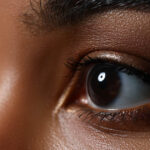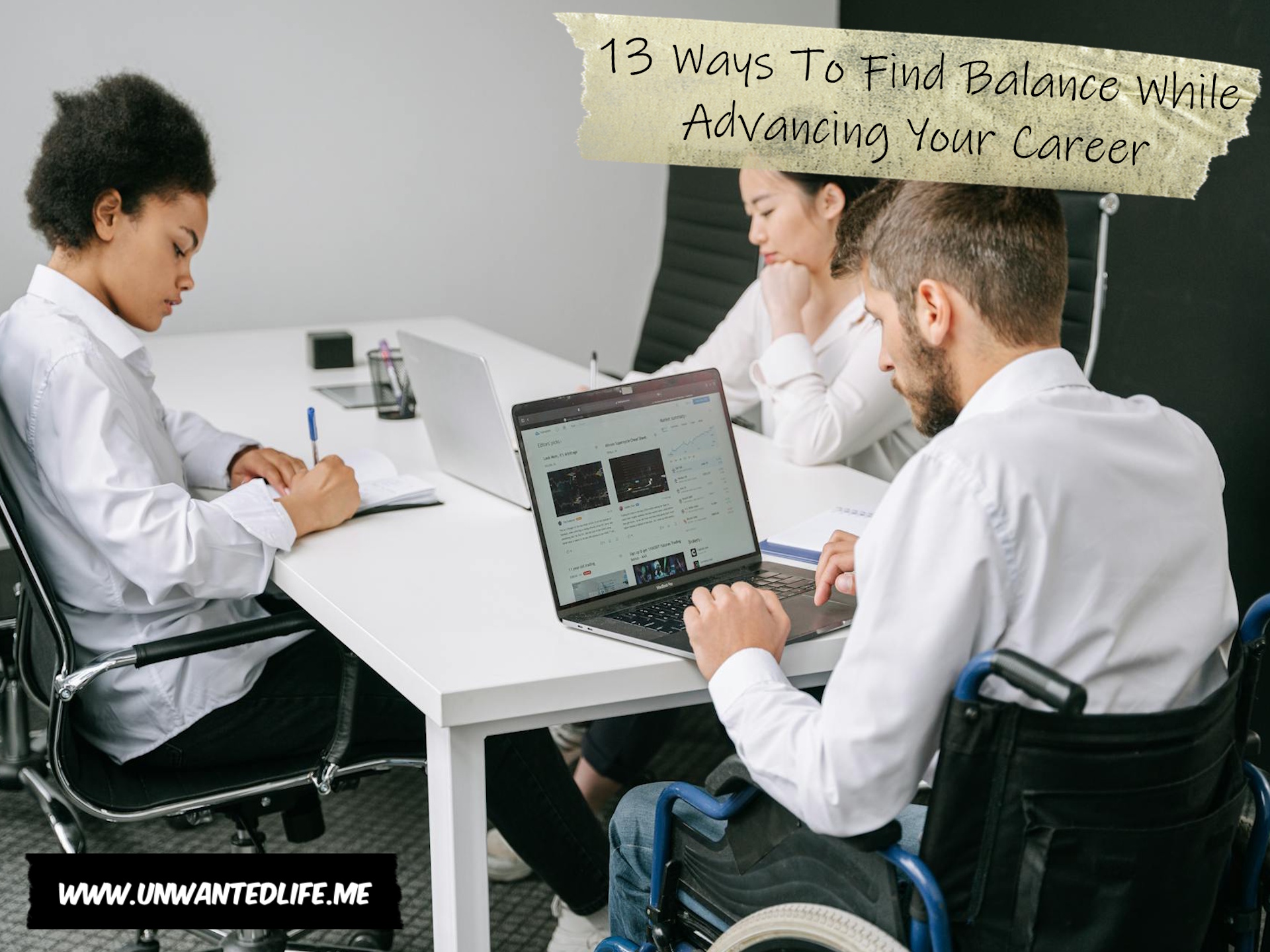Written by The Treatment Specialist Editorial Team • Last updated: October 8, 2025
Not hungry after you drink? You’re not the only one. Loss of appetite after alcohol is common. Sometimes it’s a short blip. Sometimes it signals a bigger issue. This guide explains why it happens, what to watch for, and what to do next.
Why Alcohol Can Kill Your Appetite
Stomach irritation. Alcohol can inflame the stomach lining, a problem called gastritis. That irritation can cause nausea, pain, and loss of appetite. See a simple overview of gastritis symptoms from the Cleveland Clinic. Gastritis symptoms.
Hormone effects. Alcohol interacts with appetite hormones like ghrelin and leptin. Research links higher ghrelin with more alcohol craving and shows leptin changes with alcohol cues. That signaling can throw off hunger and fullness. Study overview; review.
Nutrient problems in heavy use. Chronic heavy drinking can reduce intake and block absorption of key nutrients, including thiamine (vitamin B1). Severe deficiency can lead to Wernicke–Korsakoff, a serious neurologic condition. See NIAAA and MedlinePlus. NIAAA medical complications; Thiamin basics.
Big picture risk. Drinking less is better for your health than drinking more. The CDC has up-to-date guidance on alcohol and health risks. CDC: Alcohol and your health.
Normal Hangover vs. Something More
After a night out, low appetite for a day is common. Hydrate. Eat light. Rest. If appetite comes back, you’re likely fine.
Call a clinician if you have ongoing nausea, pain, black stools, vomiting blood, or weight loss. Those can be red flags for gastritis or ulcers. Learn symptoms.
When Loss of Appetite Signals Malnutrition
Skipping meals plus heavy drinking can lead to malnutrition. Thiamine deficiency is a key risk. Early signs can be fatigue, weakness, irritability, or confusion. Severe cases need urgent care. See NIAAA and MedlinePlus. Wernicke–Korsakoff overview; MedlinePlus overview.
Related reading: Why some heavy drinkers stop eating explained here. This page covers appetite loss, nutrient gaps, and next steps.

What You Can Do Today
- Rehydrate. Sip water or oral rehydration fluids.
- Eat gentle foods. Try bland, small meals until your stomach settles.
- Back off alcohol. Give your gut time to calm down. See the CDC guidance above.
- Call a clinician if appetite stays low, you lose weight, or red-flag symptoms appear.
Mood feels unstable when you cut back? Read our guide on feeling emotionally unstable and what to do.
Low mood with low appetite? Some people benefit from structured support. See depression treatment retreats to learn options that combine therapy, rest, and nutrition.
Pressure in your head from anxiety? Check our plain-English explainer on head pressure and anxiety.
FAQs: Loss of Appetite After Drinking
Is it normal to lose my appetite after drinking?
Yes, for a short time. Alcohol can irritate the stomach and disturb hunger hormones. Appetite usually returns within a day. If it doesn’t, talk to a clinician.
What nutrients are most at risk in heavy drinkers?
Thiamine is a key one. Long-term heavy drinking can block absorption and lower intake. Severe deficiency can cause Wernicke–Korsakoff.
When should I worry about appetite loss?
Get urgent help for vomiting blood, black stools, severe belly pain, confusion, or rapid weight loss. Persistent loss of appetite also deserves a check-in.
Does “one drink a day” help appetite?
No. The CDC notes that drinking less is safer than drinking more, and even low levels carry risks.
How do I get my appetite back?
Hydrate, eat small bland meals, rest, and avoid alcohol until your stomach settles. If symptoms persist, see a clinician.
Disclaimer
This article is informational and not medical advice. If you have ongoing symptoms or safety concerns, contact your clinician or call emergency services.
About The Treatment Specialist
We create easy-to-read mental health and addiction guides. We link to primary sources and update pages when guidelines change. See our related guides above for deeper help.










